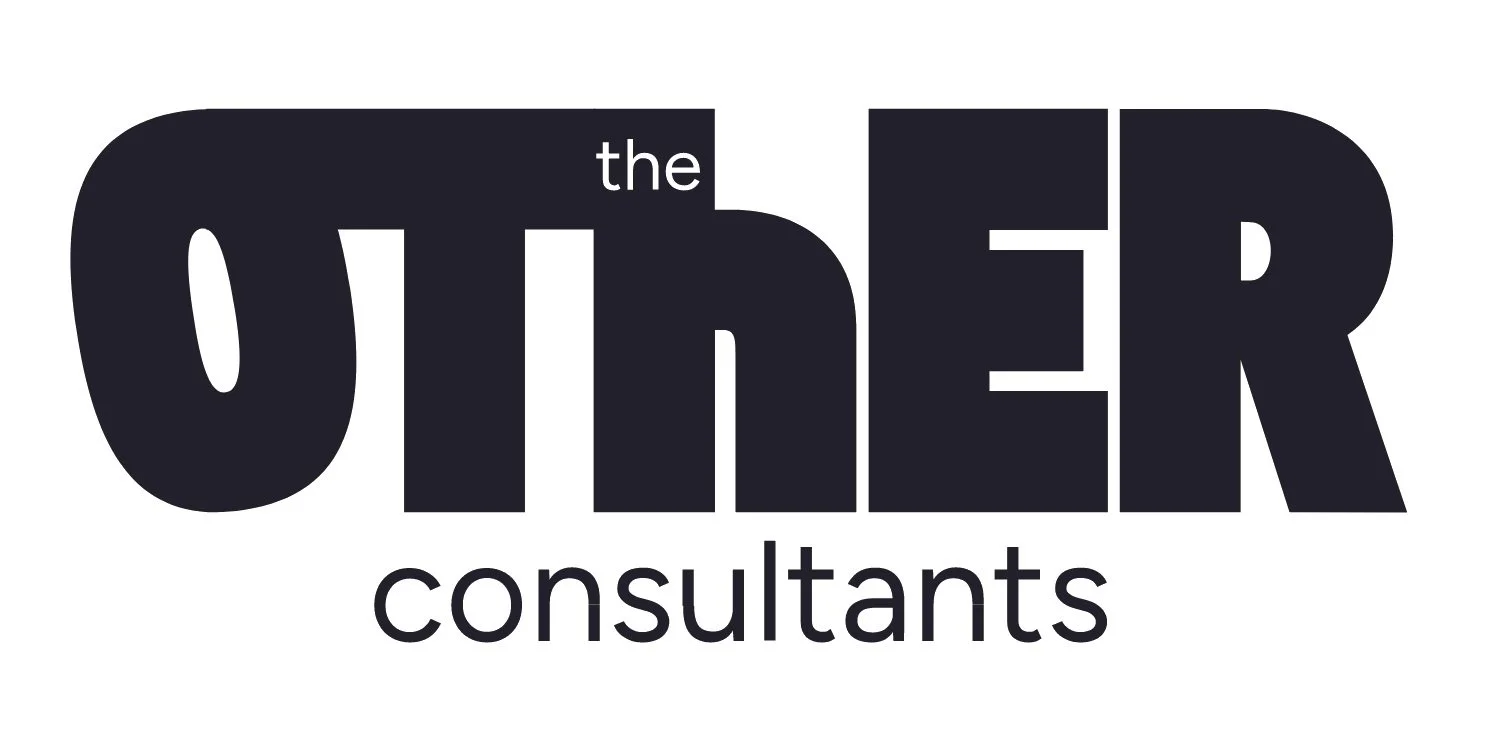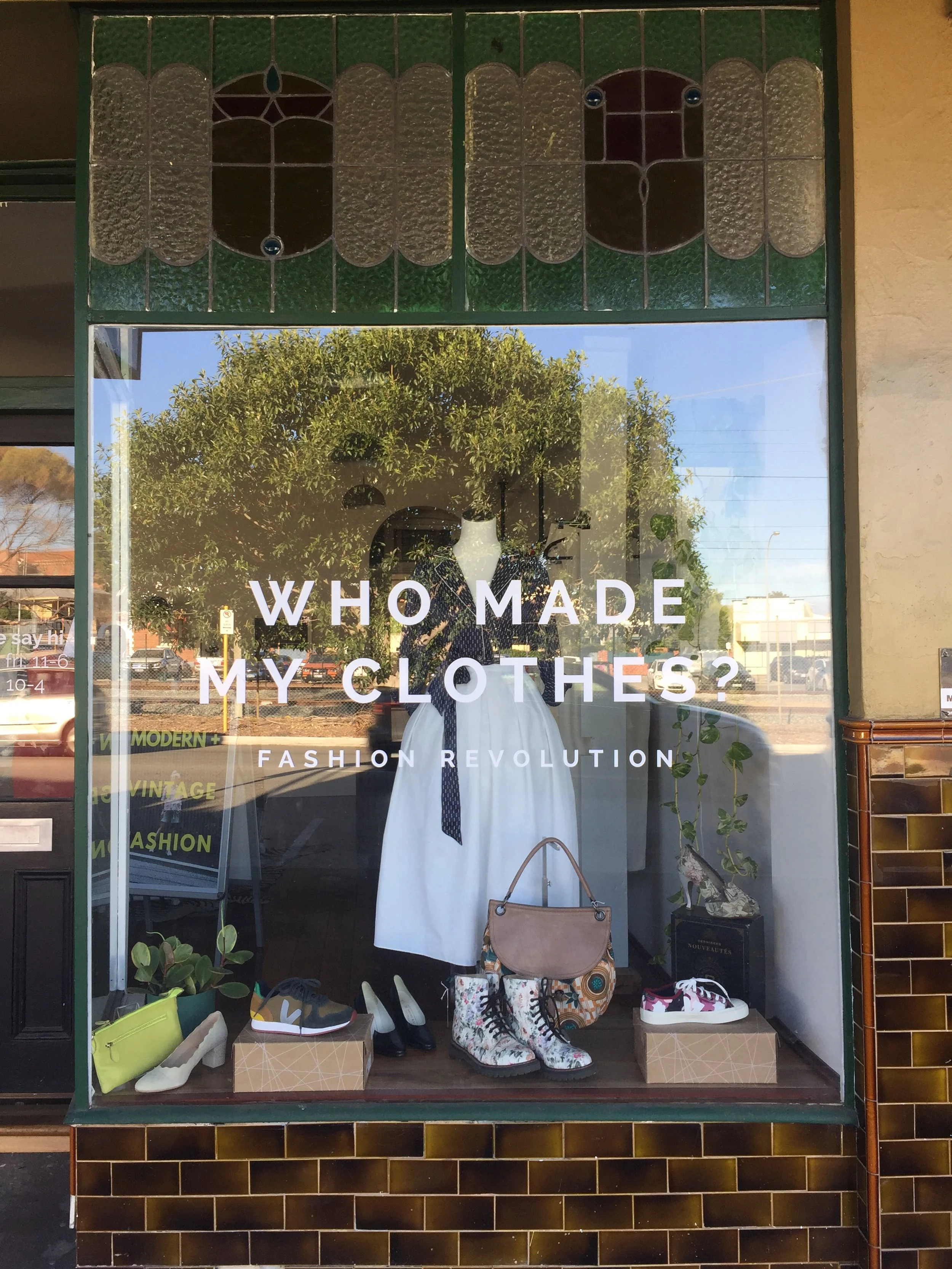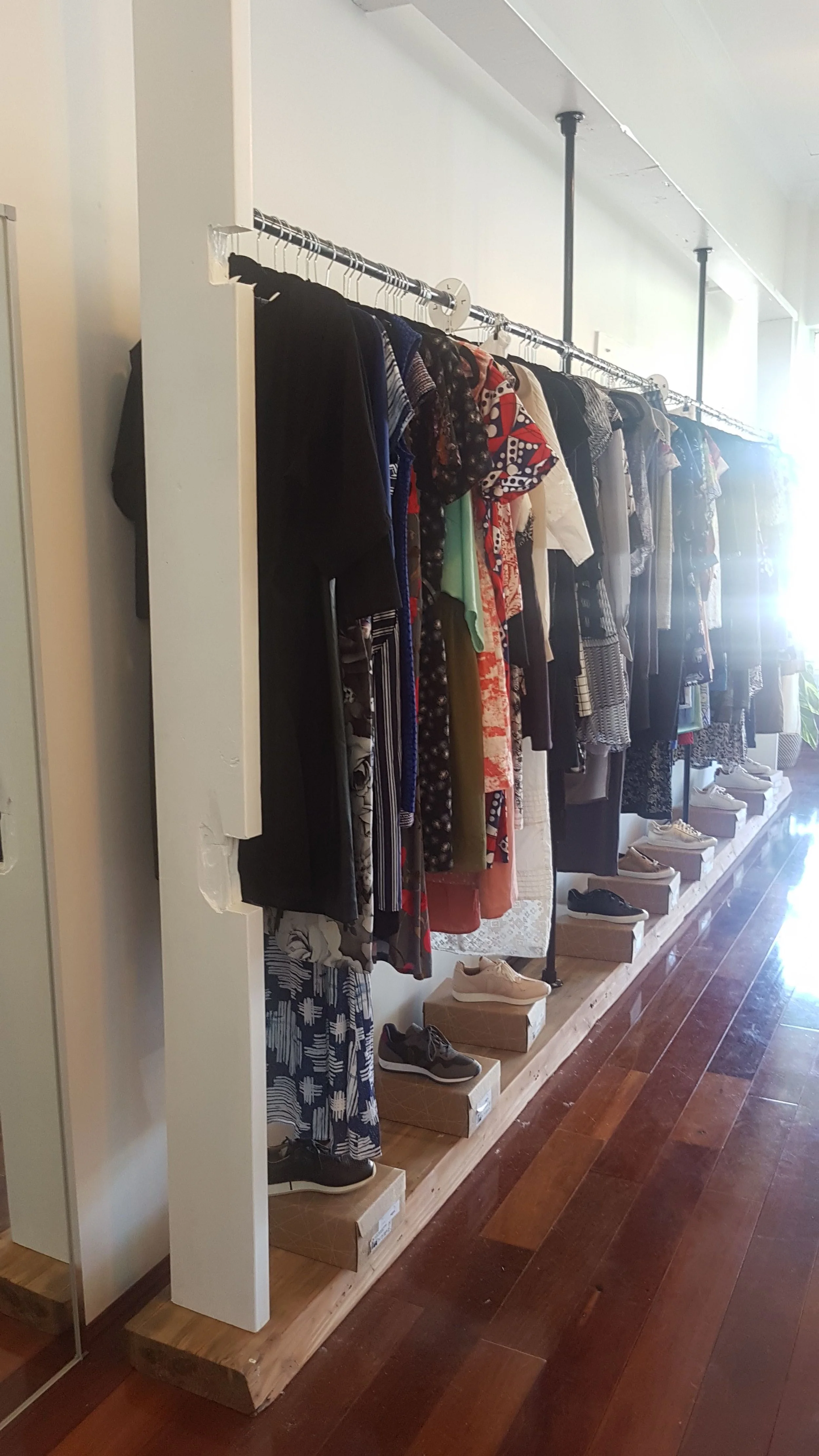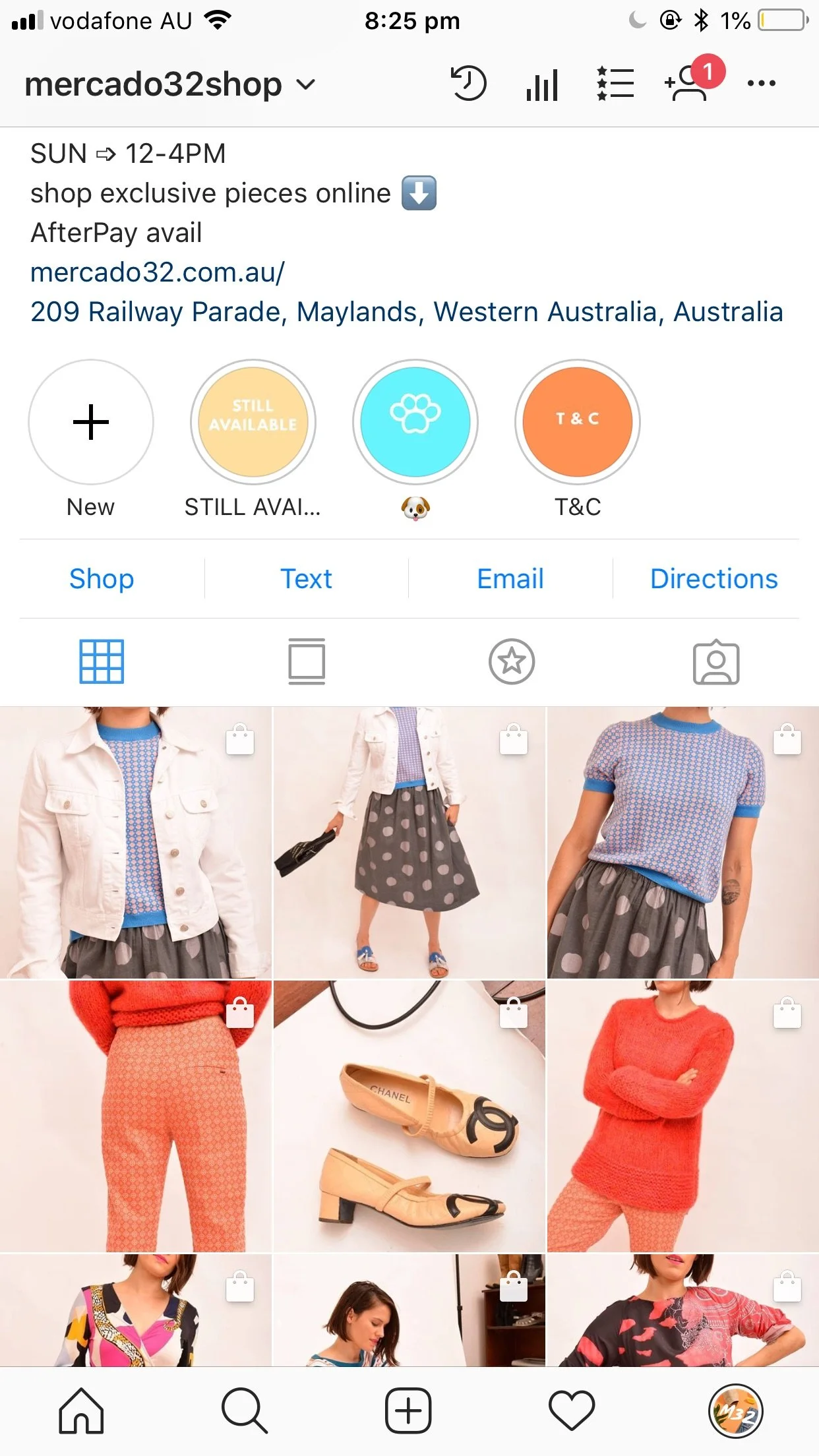My Top 3 Lessons of Failure (a.k.a., my story)
The Other Consultants is not my first business. My first was a clothing store in Perth (actually, technically speaking, the first was my pet-sitting business as a teenager). The store was called Mercado 32 and sold secondhand fashion. Over four years, we built two locations, an online shop, and a vibrant community. To this day, I still talk to many of my regular customers and have built some enduring friendships.
When I opened M32, I did so with a whole lot of naivety and ambition. I am from the US where secondhand is a huge and established industry and when I moved to Perth, it blew my mind that there wasn’t much of an industry. There were a handful of luxury consignment shops and charity op shops, and only two stores on the East Coast offering a blend of mid to high-end secondhand clothing. It seemed like an easy idea to launch into the Perth market.
I was naive to the full scope of work involved in building and growing a business. I was a sole trader, so it was just me negotiating leases, arranging the fit-out, hiring and firing staff, managing customers and social media. If you’re a small business owner reading this, you know what I mean: the list never, ever ends and you are a CEO/COO/CFO/CMO all in one.
That grind was balanced by an ambitious sense of purpose. Central to the ethos of the store was a firm belief that the fashion industry needed to change. True Cost had just been released, raising global awareness of the sustainability issues within fashion. The store became a platform to raise awareness, educate consumers, and drive change towards a more circular economy.
[Pro tip: if someone ever tells you “Eww, secondhand clothing is gross, someone else wore it”, remind them that (1) hotel sheets are also used, (2) as is cutlery at a restaurant, and (3) often clothes in a new shop have been tried on by someone before you.]
While the work filled me with purpose and excitement, it also consumed me; I was working every day and it all rested on my shoulders. I eventually lost my balance. The exhaustion and stress mounted until my body decided no more, and I ended up in the hospital with a pretty nasty infection that the doctors credited to my stress-weakened immune system. The ripples from that event lingered for years as it took a long time for my body to fully recover and find its equilibrium.
At the same time, Perth was entering a recession and it was getting harder to balance my P&L. Eventually, between finances and stress I made the call to close my shop. That day was both one of the hardest of my life and the most relieving. While a huge burden was lifted, it was also a crushing blow to my ego. I had an idea, I knew it was a good one, and I had failed at it.
Here are the top 3 learnings from what I affectionately refer to as my crash-course MBA:
1. The Short and Long of It All.
My customers came from all walks of life. My long-term brand proposition – shopping secondhand is cool, affordable, and better for the environment – resonated with her/him/they around Australia. My short-term proposition – have a “new to you” outfit perfect for Perth today – spoke to my local clientele. If I wanted to pay my bills and grow, I had to balance my marketing activities across both groups.
2. Everything is Connected in Business
Marketing, operations, finance, HR, customer experience… it's all one big tapestry and when you pull on one string, something happens elsewhere.
Sustainability was central to my business so I did everything I could to live that out internally. As a former litigator, I could not just say I was doing things green or eco, I had to ensure there was proof: swing tags printed with vegetable ink on recycled paper, reusing bags for purchases (or not providing), and completing my fitout with as much upcycled materials as possible (Tip: the local tip often has some amazing wood planks you can build with!).
But as I quickly learned, you can’t do everything. I would love to say my business hit every single ESG goal and was carbon neutral, but I can’t. When the budget is limited, sacrifices have to be made so the business itself can be sustainable and continue to grow. The challenge is finding the balance between what creates impact and what is achievable.
3. Burnout. Is. Real.
Stress is not just a mental condition; it has physiological repercussions and it is vital to find ways to manage it. As I learned brutally, if my brain is too busy fighting the imaginary threats induced by stress, it can’t handle the real attack of a simple cold. In my case, that cold turned into brain swelling and trust me, nothing scares you and your family like a week in the brain ward of a hospital.
If you are a small business owner struggling with stress, please contact Beyond Blue. They offer six free sessions for small business owners. Click here for details.
Now, a few years on, I look back at these “failures” as moments of tremendous learning. They taught me to see the bigger picture needs of the organisation, whilst keeping an eye firmly on the details. It instilled a deep respect and commitment to wellness and the real and human needs of everyone involved. Business is more than a vehicle to make money, it is a means to drive change, create value, and build community.










